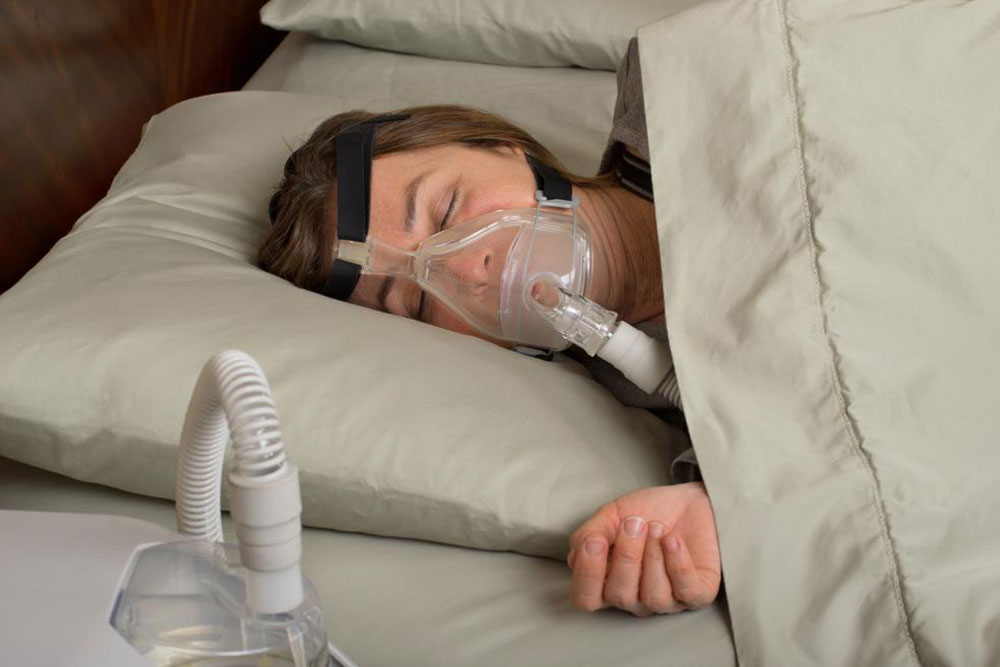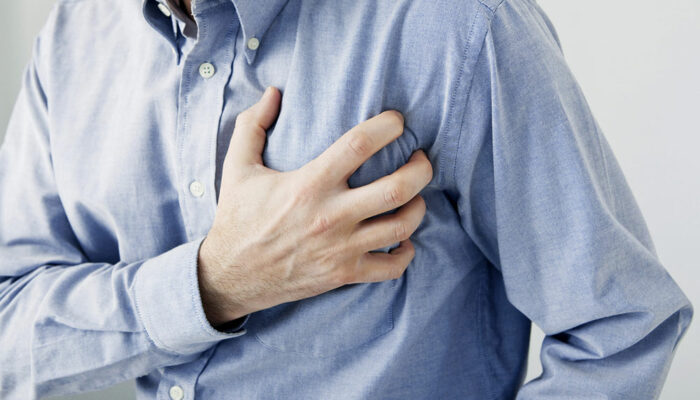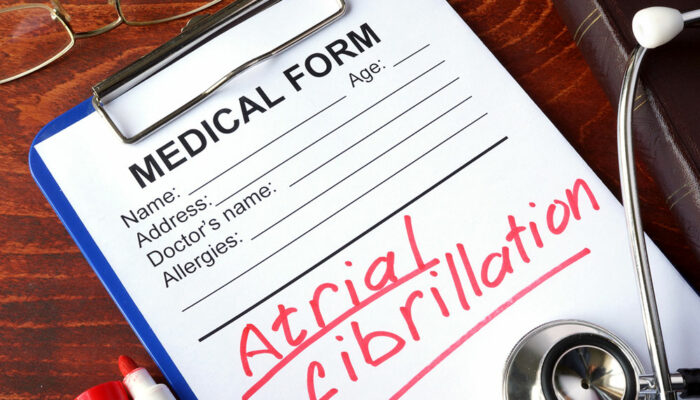
Consequences of sleep apnea
Sleep Apnea is a genuine sleep disorder issue that happens when an individual’s breathing is intruded during sleep. Individuals with untreated sleep apnea quit breathing amid their sleep, once in a while multiple times. This implies the cerebrum and whatever is left of the body may not get enough oxygen.
Different kinds of sleep apnea are:
- Obstructive sleep apnea, the more typical structure that happens when throat muscles unwind.
- Sleep apnea, which happens when your cerebrum doesn’t send legitimate signs to the muscles that control relaxing.
- Complex sleep apnea disorder, otherwise called treatment-new focal sleep apnea, which happens when somebody has both obstructive sleep apnea and focal sleep apnea.
The signs and indications of obstructive and focal sleep apneas cover, at times making it hard to figure out which type you have. The most widely recognized signs and side effects of obstructive and focal sleep apneas incorporate –
- Uproarious wheezing/snoring
- Scenes in which you quit breathing amid sleep, which would be accounted for by someone else
- Gasping for air amid sleep
- Awakening with a dry mouth
- Morning migraine
- Trouble staying unconscious (a sleeping disorder)
- Unnecessary daytime lethargy (hypersomnia)
- Trouble focusing on a particular thing
- Fractiousness
The causes of obstructive sleep apnea are as follows
This happens when the muscles in the back of your throat unwind. These muscles bolster the delicate sense of taste, the triangular bit of tissue dangling from the delicate sense of taste (uvula), the tonsils, the side dividers of the throat and the tongue.
At the point when the muscles unwind, your aviation route limits or close as you take in. You can’t get enough air, which can bring down the oxygen level in your blood. Your cerebrum detects your failure to inhale and quickly rouses you from sleep with the goal that you can revive your aviation route. This enlivening is generally so short that you don’t recall it.
You may grunt, stifle or wheeze. This example can rehash itself five to multiple times or all the more every hour, throughout the night, impeding your capacity to achieve the profound, soothing periods of sleep. The causes of central sleep apnea are as follows:
This less basic type of sleep apnea happens when your mind neglects to transmit signs to your breathing muscles. This implies you attempt to relax for a brief period. You may stir with shortness of breath or have a troublesome time getting the opportunity to sleep or staying unconscious
The reasons as to why it sleep apnea is a cause for concern is that it can cause various health problems such as –
- Daytime fatigue
- High Blood Pressure
- Heart Problems
- Type 2 diabetes
- Metabolic syndrome
- Liver complications
There also exist certain triggers to sleep apnea such as the following:
Obstructive sleep apnea
- Excess weight
- Large circumference of the neck
- Being older
- A narrowed airway
- Family history
- Use of alcohol, tranquilizers, and sedatives
- Smoking
- Nasal Congestion
Central Sleep Apnea
- Old Age
- Heart disorders
- Using narcotic pain medication
- Stroke
It is also important to note that sleep apnea is more common in men than in women.




